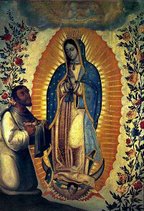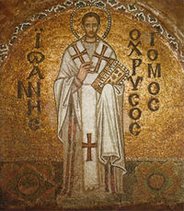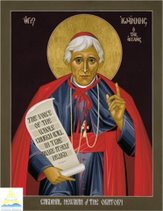A letter from Unamuno to Clarín about Socrates' Rooster

Unamuno to Clarín
Socrates' Rooster gave me a lot to think about. It's my favorite thing of yours I've read. And it seemed to produce in me, upon reading it, the state of mind you would have written it in since I've gone through similar moods. How many times have I thought about second-hand sages and the will of imbeciles!
The story Socrates' Rooster seemed interesting to me, above all, as a product of its time. More specifically, the late 19th century conflict of Faith and Reason that lies behind this story from Ancient Greece, reflects contemporary concerns under the guise of the New Atheists. Unamuno and his El sentido tragico de la vida- The Tragic Sense of Life- are particularly instructive in this regard. This work clearly demonstrates, despite the author's explicit intention, the shallowness of positivistic scientific reason in the late 19th century. This same standard is now elevated as the apex of reason in much pop atheistic exploits of late. A different tack is the classical and Christian concept of reason, which is much more broad and inclusive and not an enemy of life.
Secondly, the concept of charisma is an important element in the story with an influential history. It reminds one of Weber's theory about the founding of world religions. Supposedly all the great world religions were founded by charismatic leaders. It was there charisma, not their message, which made followers. Then the original momentum and truth behind the movement is thought to have been corrupted by later accretions or obscured by mediocre followers as is the case of Crito in the story. Thus small men take the big truths of the founder captive and adapt them to their own limited understanding.
While the truth of the theory of charisma is debatable it reflects what we ourselves look for in our own leaders in contemporary society. Just look at the whole primary fiasco. It's as if we're choosing class president, not the leader of our country. I doubt it was Socrates' personality as such, or Jesus' coolness that gained them their subsequent influence in history.
Their is a fine-line between truth and BS, but people still know the difference. The difference lies in the will to be deceived and to hear what we want to hear.
Es amarga la verdad, quiero echarla de la boca
The truth is bitter, I want to spit it out of my mouth.





















No comments:
Post a Comment